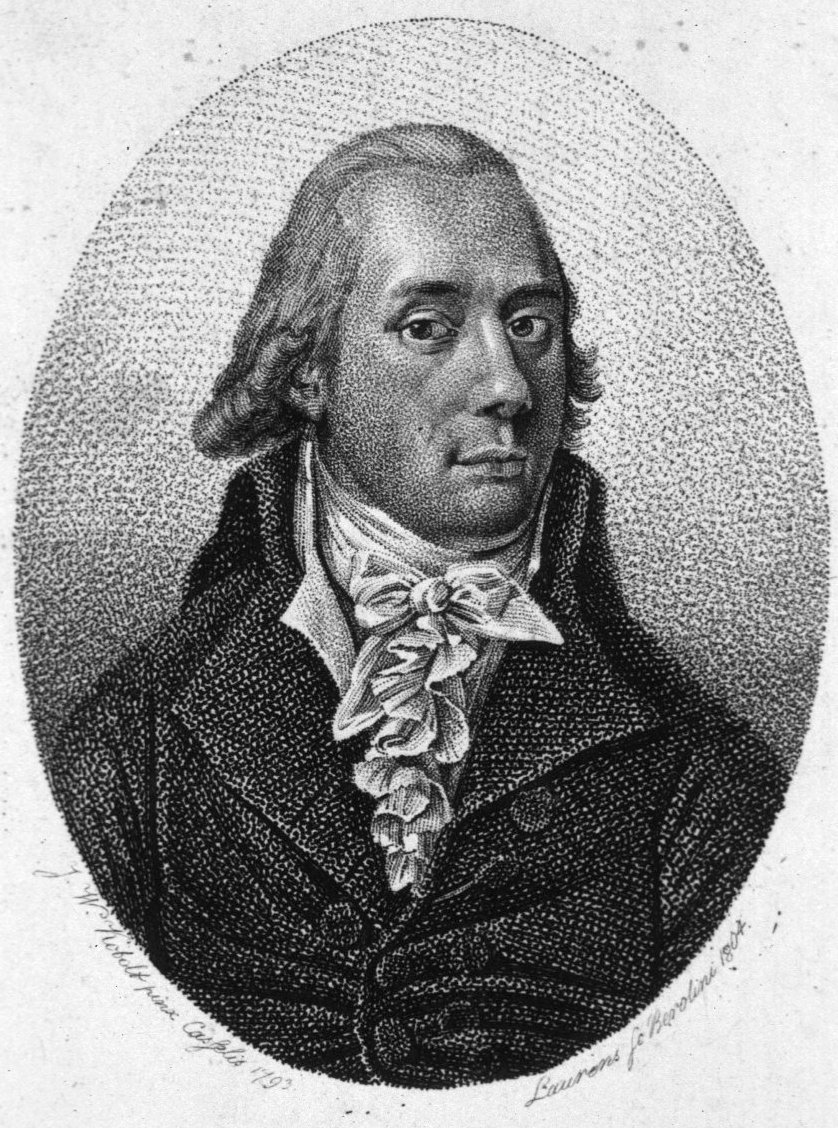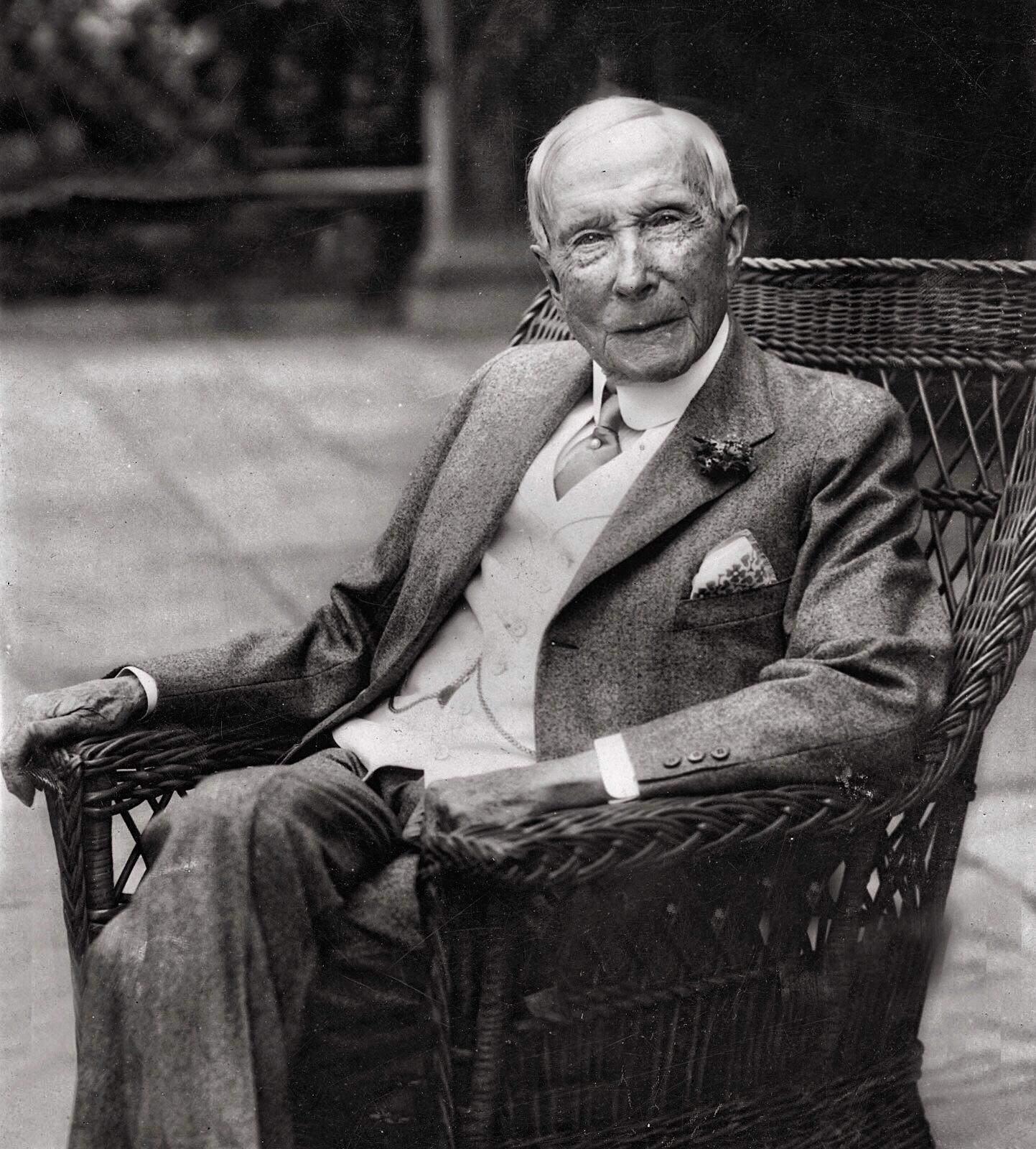|
Stefanie Martin
Stefanie Martin, born Stefanie Oppenheim (10 July 1877 – ) was a German biological anthropologist. Life Stephanie L. Oppenheim was born to a Jewish family in Frankfurt on 10 July 1877. Oppenheim married the Swiss anthropogist Rudolf Martin (anthropologist), Rudolf Martin, becoming his second wife. After his death in 1925, she edited a revised edition (1928) of his textbook of physical anthropology. In 1930 she was a contributor to Walter Scheidt's Rockefeller Foundation, Rockefeller-funded anthropological study of the German population. Facing Nazi persecution, she was sent to Theresienstadt. According to some sources, she survived Theresienstadt. Other sources give her year of death as 1940. Works * ''Zur Typologie des Primatencraniums''. Stuttgart: E. Schweizerbart, 1911. * (ed.) ''Lehrbuch der Anthropologie in systematischer Darstellung'' [Textbook of Physical Anthropology in Systematic Presentation] by Rudolf Martin. 1928. References {{DEFAULTSORT:Martin, Stef ... [...More Info...] [...Related Items...] OR: [Wikipedia] [Google] [Baidu] |
Frankfurt
Frankfurt am Main () is the most populous city in the States of Germany, German state of Hesse. Its 773,068 inhabitants as of 2022 make it the List of cities in Germany by population, fifth-most populous city in Germany. Located in the foreland of the Taunus on its namesake Main (river), Main, it forms a continuous conurbation with Offenbach am Main; Frankfurt Rhein-Main Regional Authority, its urban area has a population of over 2.7 million. The city is the heart of the larger Rhine-Main metropolitan region, which has a population of more than 5.8 million and is Germany's Metropolitan regions in Germany, second-largest metropolitan region after the Rhine-Ruhr metropolitan region, Rhine-Ruhr region and the List of EU metropolitan regions by GDP#2021 ranking of top four German metropolitan regions, fourth largest metropolitan region by GDP in the European Union (EU). Frankfurt is one of the ''de facto'' four main capitals of the European Union (alongside Brussels, Luxembourg Cit ... [...More Info...] [...Related Items...] OR: [Wikipedia] [Google] [Baidu] |
Rudolf Martin (anthropologist)
Rudolf Martin (1 July 1864 – 11 July 1925) was a Swiss anthropologist, specializing in physical anthropology. Martin's second wife, Stefanie Oppenheim, survived him and edited a second (1928) edition of his physical anthropology textbook. Rudolf Martin’s Historical Archive Rudolf Martin was a professor of Physical Anthropology in Munich, who had become inspired by the discovery of the ‘Java Man’ (Pithecanthropus erectus) in 1893 in Java, by the Dutch anthropologist Eugene Dubois. Dubois' publications on the 'Missing Link' became the CenterPoint of the Archive of Rudolf Martin, comprising more than 43,000 historical documents, manuscripts, scientific books and journals. The Archive been safeguarded in 1940 from Germany just before WW II. It went to the Institute of Physical Anthropology of Utrecht University until the institute was discontinued in 1993. After rescuing it from destruction, Slikkerveer became the owner of the oldest palaeo-anthropological archive in the ... [...More Info...] [...Related Items...] OR: [Wikipedia] [Google] [Baidu] |
Physical Anthropology
Biological anthropology, also known as physical anthropology, is a natural science discipline concerned with the biological and behavioral aspects of human beings, their extinct hominin ancestors, and related non-human primates, particularly from an evolutionary perspective. This subfield of anthropology systematically studies human beings from a biological perspective. Branches As a subfield of anthropology, biological anthropology itself is further divided into several branches. All branches are united in their common orientation and/or application of evolutionary theory to understanding human biology and behavior. * Bioarchaeology is the study of past human cultures through examination of human remains recovered in an archaeological context. The examined human remains usually are limited to bones but may include preserved soft tissue. Researchers in bioarchaeology combine the skill sets of human osteology, paleopathology, and archaeology, and often consider the cultural an ... [...More Info...] [...Related Items...] OR: [Wikipedia] [Google] [Baidu] |
Walter Scheidt
Walter may refer to: People and fictional characters * Walter (name), including a list of people and fictional and mythical characters with the given name or surname * Little Walter, American blues harmonica player Marion Walter Jacobs (1930–1968) * Gunther (wrestler), Austrian professional wrestler and trainer Walter Hahn (born 1987), who previously wrestled as "Walter" * Walter, standard author abbreviation for Thomas Walter (botanist) ( – 1789) * "Agent Walter", an early codename of Josip Broz Tito * Walter, pseudonym of the anonymous writer of '' My Secret Life'' * Walter Plinge, British theatre pseudonym used when the original actor's name is unknown or not wished to be included * John Walter (businessman), Canadian business entrepreneur Companies * American Chocolate, later called Walter, an American automobile manufactured from 1902 to 1906 * Walter Energy, a metallurgical coal producer for the global steel industry * Walter Aircraft Engines, Czech manufacturer of aero ... [...More Info...] [...Related Items...] OR: [Wikipedia] [Google] [Baidu] |
Rockefeller Foundation
The Rockefeller Foundation is an American private foundation and philanthropic medical research and arts funding organization based at 420 Fifth Avenue, New York City. The foundation was created by Standard Oil magnate John D. Rockefeller ("Senior") and son " Junior", and their primary business advisor, Frederick Taylor Gates, on May 14, 1913, when its charter was granted by New York. It is the second-oldest major philanthropic institution in America (after the Carnegie Corporation) and ranks as the 30th largest foundation globally by endowment, with assets of over $6.3 billion in 2022. The Rockefeller Foundation is legally independent from other Rockefeller entities, including the Rockefeller University and Rockefeller Center, and operates under the oversight of its own independent board of trustees, with its own resources and distinct mission. Since its inception, the foundation has donated billions of dollars to various causes, becoming the largest philanthropic enter ... [...More Info...] [...Related Items...] OR: [Wikipedia] [Google] [Baidu] |
Theresienstadt
Theresienstadt Ghetto was established by the SS during World War II in the fortress town of Terezín, in the Protectorate of Bohemia and Moravia ( German-occupied Czechoslovakia). Theresienstadt served as a waystation to the extermination camps. Its conditions were deliberately engineered to hasten the death of its prisoners, and the ghetto also served a propaganda role. Unlike other ghettos, the use of slavery was not economically significant. The ghetto was established by the transportation of Czech Jews in November 1941. The first German and Austrian Jews arrived in June 1942; Dutch and Danish Jews came in 1943, and prisoners of a wide variety of nationalities were sent to Theresienstadt in the last months of the war. About 33,000 people died at Theresienstadt, mostly from malnutrition and disease. More than 88,000 people were held there for months or years before being deported to extermination camps and other killing sites; the role of the Jewish Council ('' Juden ... [...More Info...] [...Related Items...] OR: [Wikipedia] [Google] [Baidu] |
1877 Births
Events January * January 1 – Queen Victoria is proclaimed Empress of India by the Royal Titles Act 1876, introduced by Benjamin Disraeli, the Prime Minister of the United Kingdom . * January 8 – Great Sioux War of 1876: Battle of Wolf Mountain – Crazy Horse and his warriors fight their last battle with the United States Cavalry in Montana. * January 20 – The Conference of Constantinople ends, with Ottoman Turkey rejecting proposals of internal reform and Balkan provisions. * January 29 – The Satsuma Rebellion, a revolt of disaffected samurai in Japan, breaks out against the new imperial government; it lasts until September, when it is crushed by a professionally led army of draftees. February * February 17 – Major General Charles George Gordon of the British Army is appointed Governor-General of the Sudan. March * March 2 – Compromise of 1877: The 1876 United States presidential election is resolved with the selection of Ru ... [...More Info...] [...Related Items...] OR: [Wikipedia] [Google] [Baidu] |
1940 Deaths
A calendar from 1940 according to the Gregorian calendar, factoring in the dates of Easter and related holidays, cannot be used again until the year 5280. Events Below, events related to World War II have the "WWII" prefix. January *January 4 – WWII: Luftwaffe Chief and Generalfeldmarschall Hermann Göring assumes control of most war industries in Nazi Germany, Germany, in his capacity as Plenipotentiary for the Four Year Plan. *January 6 – WWII: Winter War – General Semyon Timoshenko takes command of all Soviet forces. *January 7 – WWII: Winter War: Battle of Raate Road – Outnumbered Finnish troops decisively defeat Soviet forces. *January 8 – WWII: **Winter War: Battle of Suomussalmi – Finnish forces destroy the 44th Rifle Division (Soviet Union), Soviet 44th Rifle Division. **Food rationing in the United Kingdom begins; it will remain in force until 1954. *January 9 – WWII: British submarine is sunk in the Heligoland Bight. *January 10 – WWII: Mechele ... [...More Info...] [...Related Items...] OR: [Wikipedia] [Google] [Baidu] |
Year Of Death Uncertain
A year is a unit of time based on how long it takes the Earth to orbit the Sun. In scientific use, the tropical year (approximately 365 solar days, 5 hours, 48 minutes, 45 seconds) and the sidereal year (about 20 minutes longer) are more exact. The modern calendar year, as reckoned according to the Gregorian calendar, approximates the tropical year by using a system of leap years. The term 'year' is also used to indicate other periods of roughly similar duration, such as the lunar year (a roughly 354-day cycle of twelve of the Moon's phasessee lunar calendar), as well as periods loosely associated with the calendar or astronomical year, such as the seasonal year, the fiscal year, the academic year, etc. Due to the Earth's axial tilt, the course of a year sees the passing of the seasons, marked by changes in weather, the hours of daylight, and, consequently, vegetation and soil fertility. In temperate and subpolar regions around the planet, four seasons are gen ... [...More Info...] [...Related Items...] OR: [Wikipedia] [Google] [Baidu] |
German Anthropologists
German(s) may refer to: * Germany, the country of the Germans and German things **Germania (Roman era) * Germans, citizens of Germany, people of German ancestry, or native speakers of the German language ** For citizenship in Germany, see also German nationality law **Germanic peoples (Roman era) * German diaspora * German language * German cuisine, traditional foods of Germany People * German (given name) * German (surname) * Germán, a Spanish name Places * German (parish), Isle of Man * German, Albania, or Gërmej * German, Bulgaria * German, Iran * German, North Macedonia * German, New York, U.S. * Agios Germanos, Greece Other uses * German (mythology), a South Slavic mythological being * Germans (band), a Canadian rock band * "German" (song), a 2019 song by No Money Enterprise * ''The German'', a 2008 short film * "The Germans", an episode of ''Fawlty Towers'' * ''The German'', a nickname for Congolese rebel André Kisase Ngandu See also * Germanic (disam ... [...More Info...] [...Related Items...] OR: [Wikipedia] [Google] [Baidu] |






